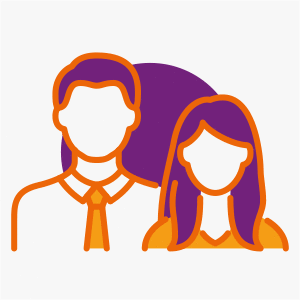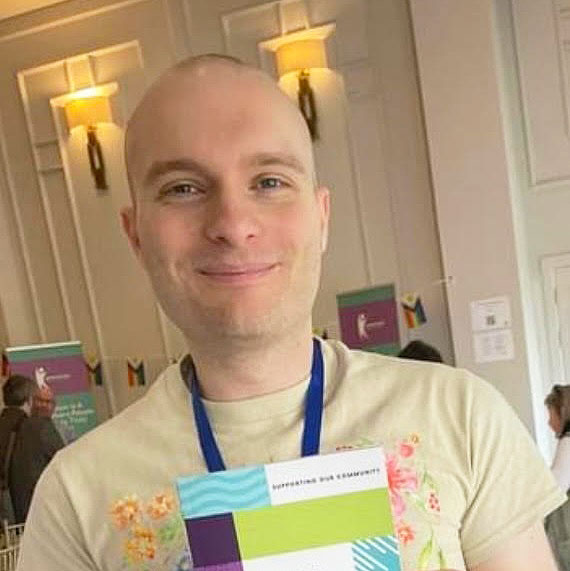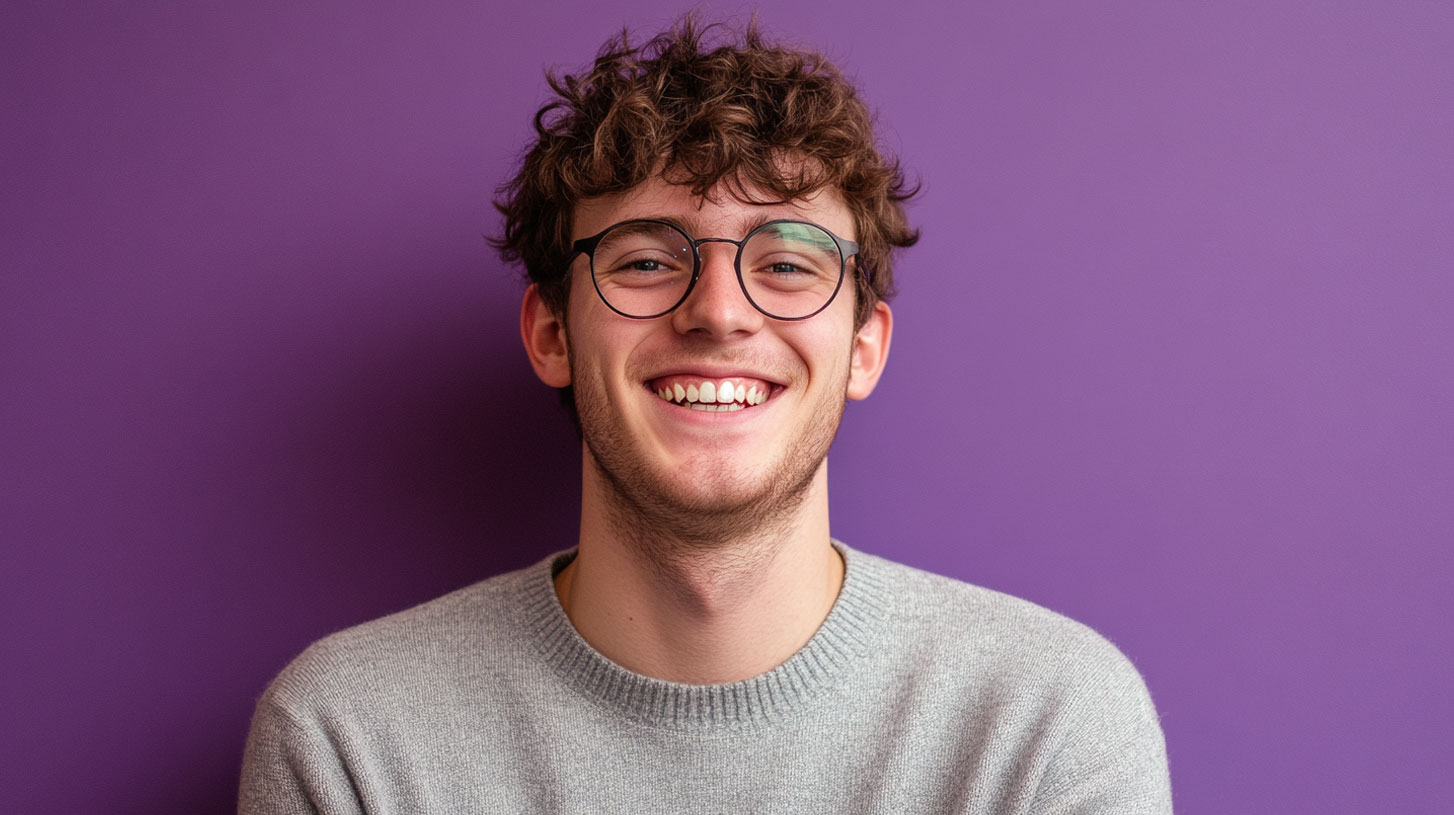The Neurodivergent Workshop!
Neurodivergent refers to individuals whose brains function differently from what is considered "typical" in society. This includes conditions such as ADHD, autism, dyslexia, and dyspraxia, among others. Rather than viewing these differences as deficits, the term embraces them as unique ways of thinking, learning, and interacting with the world. Book today for our next session. Date: TBCMin numbers required 20 - Max numbers : 90 - Cost £10 per person attending.

What do Neurodivergent workshops entail?
Purpose and Approach
- Introduction to Neurodivergence
- What does it mean to be neurodivergent – Autistic
- What does it mean to be neurodivergent – ADHD
- Overlap between autism and ADHD (and other neurodiversity)
- Self-reflection – things to consider
- The importance of awareness and identification
- Celebrating neurodiversity – considering strengths and support needs
- Seeking support and identification.

The key aspects of Neurodivergent workshops
Neurodivergent – Autistic
Being neurodivergent means that a person’s brain processes information, emotions, and sensory experiences in a way that differs from the societal norm. Autistic individuals often experience the world uniquely, with strengths in pattern recognition, deep focus, creativity, and problem-solving. They may also face challenges with sensory sensitivity, social communication, and adapting to change. At Enlightened Minds, we believe that autism is not a limitation but a different way of thinking, and with the right understanding and support, neurodivergent individuals can thrive in their own unique way.
Neurodivergent – ADHD
Being neurodivergent means thinking, learning, and processing the world differently from the norm. For individuals with ADHD (Attention Deficit Hyperactivity Disorder), this often means having a fast-moving mind, high energy, creativity, and strong problem-solving abilities. However, it can also bring challenges such as difficulty with focus, impulsivity, and time management. At Enlightened Minds, we embrace these differences and provide understanding, strategies, and support to help neurodivergent individuals harness their strengths and thrive.
Autism vs ADHD for neurodiversity
Autism and ADHD are both forms of neurodivergence, and while they are distinct, they often overlap in key ways. Many individuals experience traits of both, such as intense focus yet struggles with attention, sensory sensitivities, difficulty with social cues, and a unique way of processing the world. Other neurodivergent conditions, such as dyslexia and dyspraxia, can also share similarities, highlighting the diverse spectrum of brain function. At Enlightened Minds, we recognize this overlap and provide insight, support, and tailored strategies to help neurodivergent individuals thrive in their own way.
The benefits of Neurodivergent workshops
Self-reflection – things to consider
Self-reflection is a powerful tool for understanding your neurodivergent identity, strengths, and challenges. Taking time to assess how you process emotions, navigate social situations, and respond to sensory experiences can provide valuable insight into your needs and well-being. Consider questions like: What environments help me thrive? What challenges do I face daily? How do I best communicate and learn? At Enlightened Minds, we encourage self-awareness as a pathway to self-acceptance, growth, and finding the right support to help you flourish.
Awareness and identification
Recognising and understanding neurodivergence is the first step toward self-acceptance and support. Awareness helps individuals and those around them appreciate unique strengths and challenges, while identification—whether through self-discovery or diagnosis—can open doors to tailored strategies, accommodations, and a sense of belonging. For many, a diagnosis provides clarity, helping them navigate work, relationships, and daily life with greater confidence. At Enlightened Minds, we advocate for early recognition, self-awareness, and empowerment so that every neurodivergent individual can thrive.
Celebrating neurodiversity
Neurodiversity is not a limitation—it’s a different way of thinking, learning, and experiencing the world. By recognising individual strengths, such as creativity, problem-solving, deep focus, and unique perspectives, we can celebrate the value neurodivergent individuals bring to society. At the same time, understanding support needs—whether in education, the workplace, or daily life—ensures that neurodivergent minds have the right tools to thrive. At Enlightened Minds, we embrace neurodiversity, providing guidance, strategies, and a supportive community to help individuals flourish.
At Enlightened Minds, we believe that embracing and understanding neurodiversity can lead to powerful personal growth. By recognising both strengths and support needs, individuals can build confidence, improve self-awareness, and navigate life with greater ease. Join us in celebrating neurodivergence and creating a world where every unique mind is valued and supported—because true well-being begins with acceptance and empowerment.

Meet Scott
Scott is an Autistic Trainer, Mentor and Consultant based in Lanarkshire, Scotland. They are dedicated to educating people on the Autistic experience and supporting their community. Scott has over 7 years of professional experience supporting Autistic people, their families and delivering training within various settings and organisations. Over the past year and a half, Scott has continued this work independently under the trade name of Autistically Scott.
Through this, Scott has delivered training sessions to hundreds of professionals, including teachers, social workers and early years practitioners.

Meet Emma
Emma is a late identified neurodivergent Occupational Therapist, registered with the Health and Care Professions Council (HCPC) and the Royal College of Occupational Therapists (RCOT). She has been an Occupational Therapist for over ten years and prior to this she worked as a primary school teacher. Having worked both in the NHS, the private sector and for charities her experience has spanned across the age ranges and has included neurodiversity identification most recently in an NHS neurodevelopmental service for children and young people.
Emma will be your friendly guide through each workshop.
Get in touch about our services
Are you ready to reach out?
Send our Clinical Lead a message, and we will get back to you within 24 hours.
Self-Reflection Prompts for Neurodivergent Individuals
Understanding Yourself
- What are my biggest strengths as a neurodivergent individual?
- In what types of environments do I feel the most comfortable and productive?
- What activities or tasks do I naturally excel at?
- How do I process emotions, and what helps me regulate them best?
- How do I prefer to communicate—verbally, in writing, or through actions?


Case Study 1: Liam, 21 – ADHD & Self-Confidence Boost
Liam always struggled with focus and time management, often feeling frustrated with himself. After attending an Enlightened Minds workshop on ADHD strategies, he discovered new techniques like the Pomodoro method and body doubling. He also connected with others who shared his experiences, making him feel less alone. Today, Liam is more confident, structured, and succeeding in his university studies with the support systems he’s built.

Case Study 2: Sarah, 45 – Embracing Late Autism Diagnosis
Sarah was diagnosed with autism later in life, after years of feeling misunderstood. Through an Enlightened Minds workshop on self-acceptance and sensory management, she learned how to set better boundaries, communicate her needs, and embrace her strengths. Since attending, she has gained a new perspective on her identity and is now thriving in both her personal and professional life.
Our 10 most popular Neurodivergent FAQ's
These FAQs are easy to read, engaging, and positive to help people understand neurodivergence without overwhelming them.
Neurodivergent means that a person’s brain works differently from what is considered “typical.” This includes people with ADHD, autism, dyslexia, dyspraxia, and more. Neurodivergence isn’t a problem—it’s just a different way of thinking and experiencing the world!
Neurotypical people’s brains function in a way that society considers “standard.” Neurodivergent people may process information, emotions, and experiences differently. This can come with both strengths and challenges.
Some well-known forms of neurodivergence include:
- ADHD (Attention Deficit Hyperactivity Disorder) – Fast-thinking, high energy, but can struggle with focus.
- Autism Spectrum Disorder (ASD) – Unique ways of socializing, thinking, and processing sensory input.
- Dyslexia – Difficulty with reading and writing but often strong problem-solving skills.
- Dyspraxia – Challenges with movement and coordination.
- Tourette’s Syndrome – Involuntary sounds or movements (tics).
It depends on the person and their experiences. Some neurodivergent individuals need extra support in certain areas, while others thrive without accommodations. It’s not about being “less than,” but about recognising different needs and strengths.
If you often feel different from others in how you think, learn, or interact, you might be neurodivergent. Many people get diagnosed by a professional, while others self-identify after learning more about neurodivergence.
Many neurodivergent people have amazing strengths, such as:
- Creativity and innovation
- Hyperfocus and deep thinking
- Unique problem-solving abilities
- Strong memory and pattern recognition
- Passion for specialized interests.
Challenges depend on the individual but may include:
- Difficulty with focus or organization (ADHD)
- Sensory sensitivity (Autism)
- Struggles with reading/writing (Dyslexia)
- Social communication differences
- Anxiety in overwhelming environments.
Absolutely! Many successful entrepreneurs, artists, scientists, and leaders are neurodivergent. Famous examples include: Elon Musk (Autism), Richard Branson (Dyslexia), Simone Biles (ADHD), and Greta Thunberg (Autism). Their neurodivergence gives them unique perspectives and abilities!
- Accepting different ways of thinking
- Providing workplace and school accommodations
- Allowing flexible work/study environments
- Educating others about neurodiversity
- Encouraging self-acceptance and strengths.
Start by learning about yourself and your needs. Find strategies that help you thrive, connect with neurodivergent communities, and remember—your brain is not broken, it’s just different!
